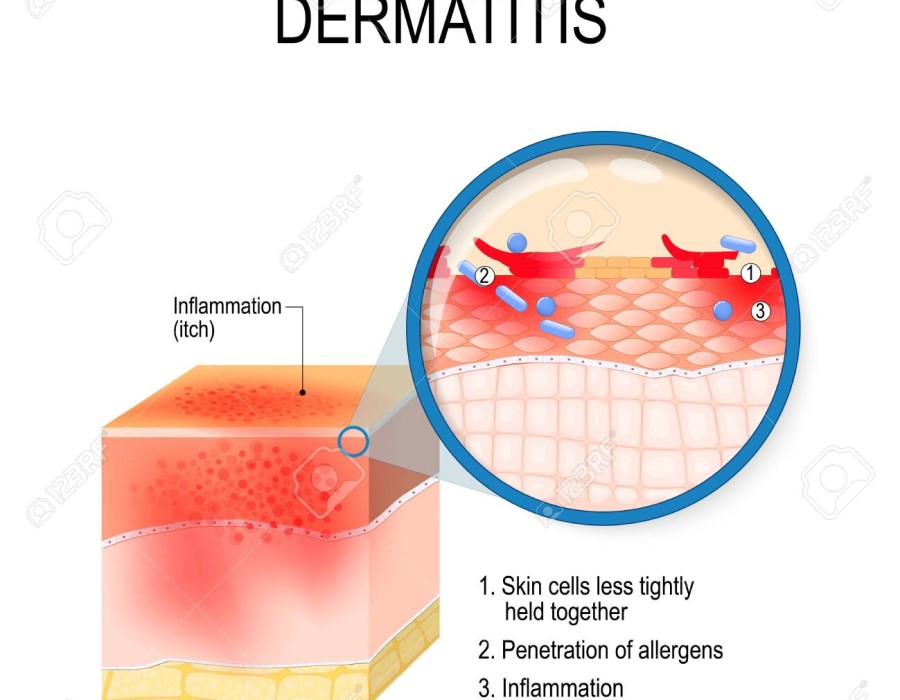When we think of dermatologists, the first thing that comes to mind is often acne treatment. While managing acne is a significant part of their job, dermatologists are equipped to handle a wide array of skin, hair, and nail conditions. Their expertise extends far beyond what many might expect. Let’s delve into the diverse world of dermatology to understand the conditions these specialists can treat.
1. Acne and Related Skin Conditions
Acne is one of the most common reasons people visit a dermatologist. This condition, characterized by pimples, blackheads, and cysts, can be quite persistent and troublesome. Dermatologists offer various treatments, including topical and oral medications, chemical peels, and laser therapy, tailored to the severity and type of acne.
2. Eczema and Dermatitis
Eczema, or atopic dermatitis, is a chronic condition causing inflamed, itchy, and red skin. Dermatologists diagnose and treat eczema, often recommending a combination of moisturizing treatments, prescription creams, and lifestyle adjustments to manage symptoms effectively. They also treat other forms of dermatitis, such as contact dermatitis, which occurs due to allergic reactions.
3. Psoriasis
Psoriasis is an autoimmune disorder that leads to the rapid buildup of skin cells, resulting in scaling and inflammation. Dermatologists help manage psoriasis through various treatments, including topical treatments, phototherapy, and systemic medications that address the underlying immune response.
4. Skin Cancer
One of the most critical roles of a dermatologist is the detection and treatment of skin cancer, including melanoma, basal cell carcinoma, and squamous cell carcinoma. Dermatologists perform skin exams, biopsies, and surgical procedures to remove cancerous growths and may employ advanced techniques like Mohs surgery to ensure thorough removal with minimal damage to surrounding tissues.
5. Hair and Scalp Disorders
Dermatologists treat a range of hair and scalp issues, including hair loss (alopecia), dandruff, and scalp infections. Treatments can involve topical and oral medications, injections, and lifestyle advice to promote hair health.
6. Nail Disorders
Nail problems, such as fungal infections, ingrown toenails, and nail psoriasis, fall under the purview of dermatology. Dermatologists diagnose and treat these conditions, often recommending antifungal treatments, nail care routines, or minor surgical procedures.
7. Rosacea
Rosacea is a chronic skin condition characterized by facial redness, swelling, and sometimes acne-like bumps. Dermatologists offer treatments to control and reduce symptoms, including topical and oral medications, laser therapy, and lifestyle modifications to avoid triggers.
8. Infectious Skin Diseases
Dermatologists manage various skin infections caused by bacteria, viruses, fungi, and parasites. Conditions like cellulitis, warts, herpes simplex, and fungal infections are diagnosed and treated with appropriate antimicrobial therapies.
9. Hyperpigmentation and Hypopigmentation
Conditions causing changes in skin color, such as melasma (dark spots) and vitiligo (loss of skin pigment), are also treated by dermatologists. They offer solutions ranging from topical treatments and laser therapy to more advanced interventions for severe cases.
10. Cosmetic Concerns
Beyond medical conditions, dermatologists also address cosmetic issues. They provide treatments for wrinkles, age spots, and other signs of aging, often using fillers, Botox, laser treatments, and chemical peels. Dermatologists are skilled in enhancing the skin’s appearance while ensuring treatments are safe and effective.
Conclusion
Dermatologists play a crucial role in diagnosing, treating, and managing a vast array of conditions affecting the skin, hair, and nails. Their expertise ensures that patients receive comprehensive care, whether dealing with common issues like acne and eczema or more complex conditions like skin cancer and autoimmune disorders. If you’re experiencing any skin-related issues, consulting a dermatologist can provide you with the specialized care you need for healthier skin and overall well-being.






Comments